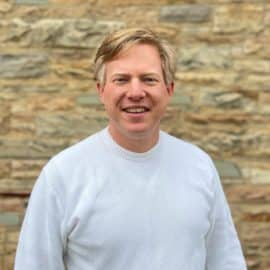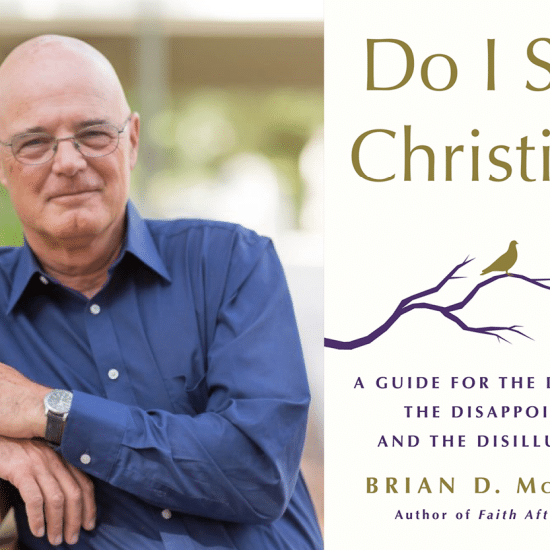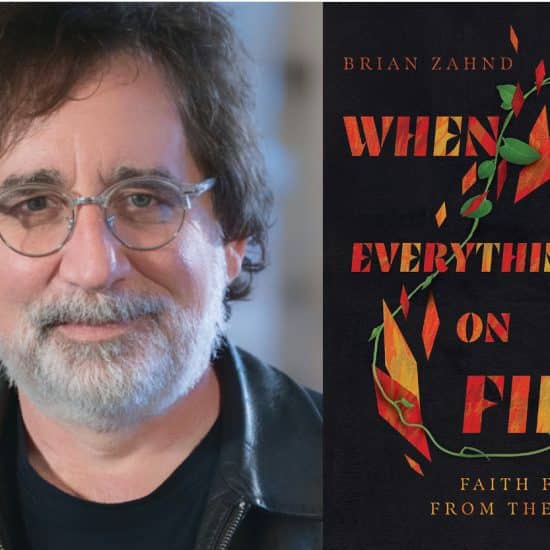WASHINGTON (RNS) — Advisers tapped to help guide the White House’s revamped faith-based office say their role still is evolving as the initiative expands its portfolio and tries to find its footing in the young Obama administration.
The overhaul of the office centers on an expanded mission to go beyond matching faith-based groups with government funds, advisory council members said in recent interviews. One of the biggest changes is asking religious leaders to help shape policy on a number of hot-button social issues, including abortion.
“The sense that you have is that there’s really somebody who is listening to what you have to say and will take it into consideration,” said Vashti McKenzie, who oversees African Methodist Episcopal congregations in Tennessee and Kentucky.
The council is charged with helping shape policy in four areas — economic recovery, abortion reduction, interfaith dialogue and responsible fatherhood. McKenzie, for example, plans to focus her work on the fatherhood program.
Other advisers said they were given a courtesy heads-up as Obama drafted his executive order permitting federal funding of stem cell research, or his nomination of Kansas Gov. Kathleen Sebelius as Health and Human Services secretary.
When some members expressed concern about proposed reductions in charitable deductions or rescinding conscience protections for healthcare workers, the White House responded with explanations, they said.
Former Southern Baptist Convention President Frank Page, one of the advisers, said he has been surprised at the rapid pace of some policy decisions — many of which he has disagreed with—but believes his views were heard when he questioned the plan to rescind conscience protections for healthcare workers.
“I felt like there was some listening and some response in that particular issue,” he said.
Richard Stearns, president of the evangelical relief agency World Vision and a member of the advisory council, said the panel seems to have two roles—serving as “a council of elders” that can offer their expertise to the White House and also representing their constituents to decision-makers.
“I think there’s a broader tent, if you will, in this group,” he said. “President Bush’s faith-based office, right or wrong, was associated with evangelicals within the faith community. I think this group is broader.”
One aspect of the Bush office — partnering faith-based and community groups with federal funds—remains intact, but advisers stress they’re not making the decisions on who is or isn’t funded.
Melissa Rogers, director of the Center for Religion and Public Affairs at Wake Forest University’s School of Divinity, is an adviser and has written a form letter to respond to the “scores” of people who contacted her thinking she has a role in giving out grants.






